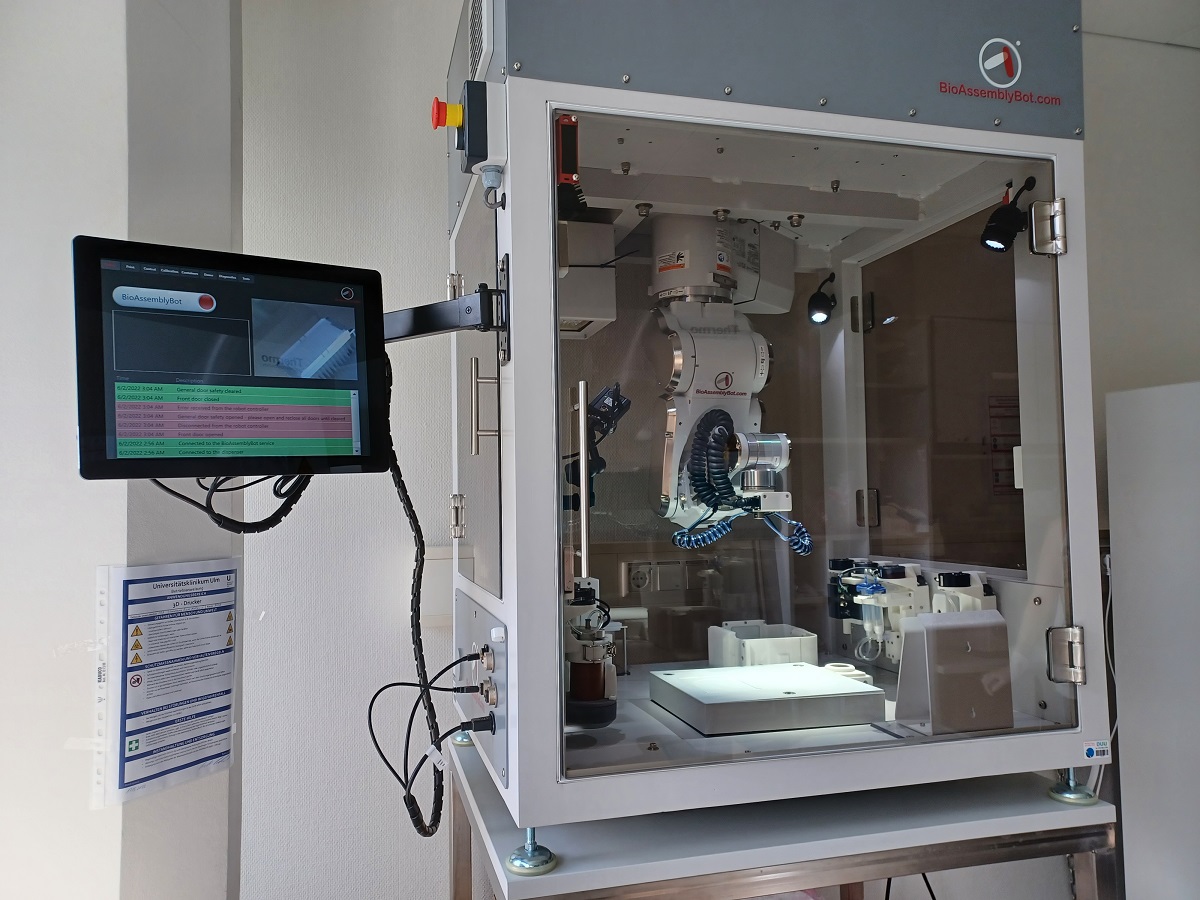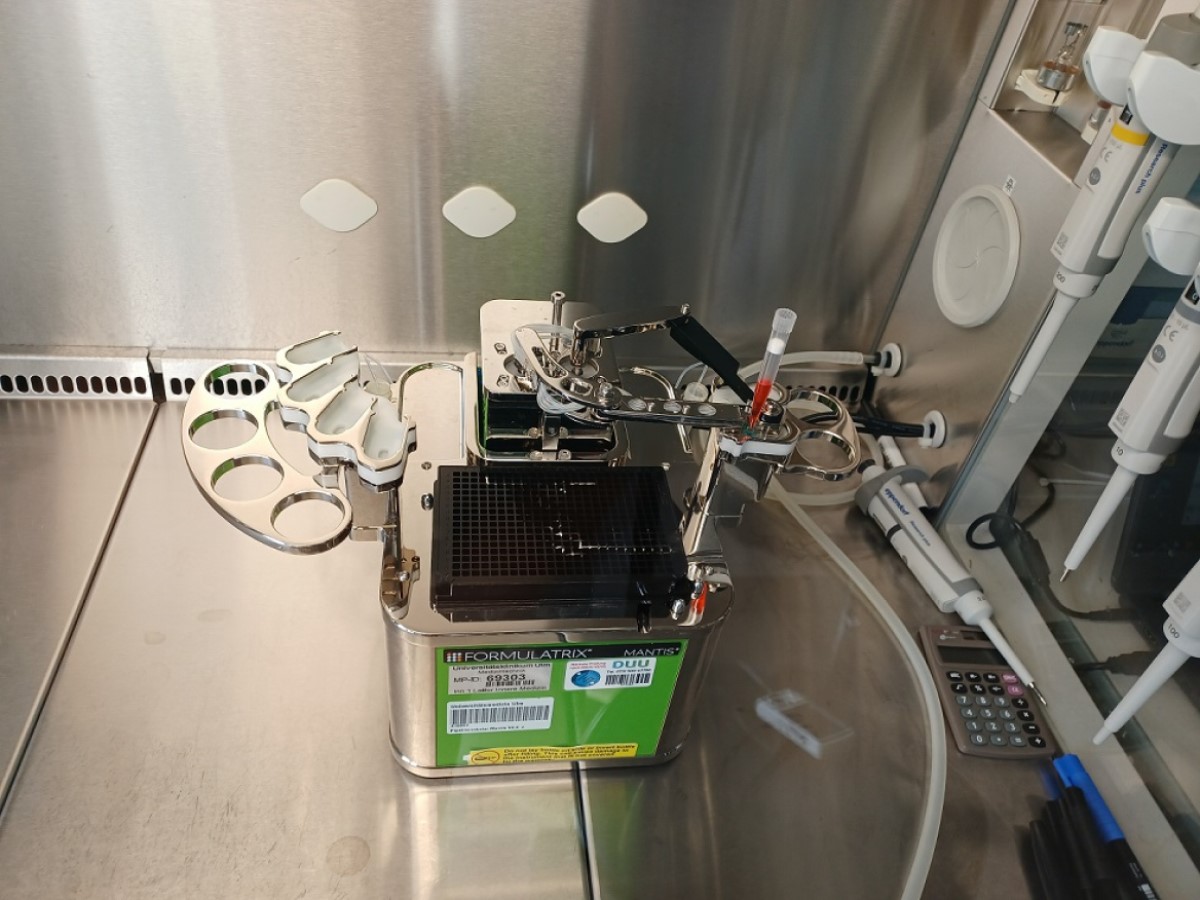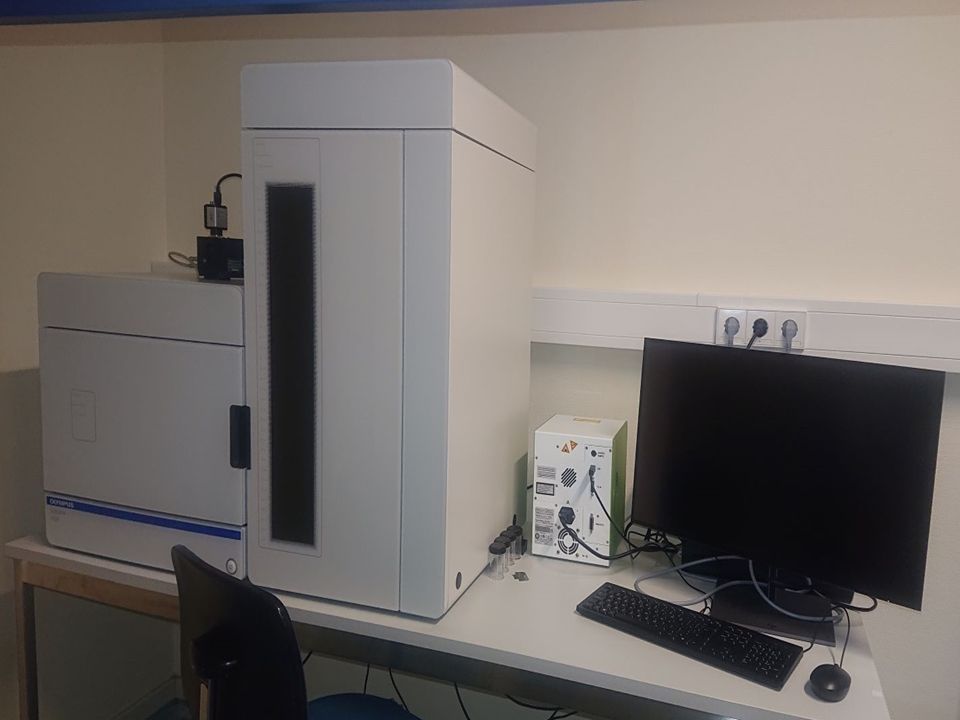Head
Prof. Alexander Kleger
Core Facility Manager
Arpad Varga, PhD
Dr. Jessica Lindenmayer
Tel: 0731 500 44823
The ULMTeC Core Facility for Organoids (CFO) provides services for the establishment and cultivation of organoid models, as well as the testing of clinically relevant substances on these cultures. Organoids are three-dimensional epithelial structures that mimic the architecture and function of their tissue of origin — in cancer, inflammatory, and healthy conditions alike — offering unprecedented insight into human biology. We currently host a living biobank of more than 250 organoid lines derived from over ten tumor indications, including pancreatic, colorectal, and breast cancers, with further tumor entities such as urothelial carcinoma under active establishment.
Interested in our services or collaboration?
Please don’t hesitate to contact us regarding your questions and projects!
Services
The Core Facility develops and applies cutting-edge 3D organoid models that bring human biology closer to the bench. These organoid systems serve as powerful tools to connect experimental research with clinically relevant questions, including the generation of patient-matched organoid and stromal cultures from the same tissue source — thereby accelerating discoveries across cancer biology and precision medicine.
Our standardized workflows include tissue dissociation, biobanking, automated seeding, matrix-free (apical-out) organoid culture systems, and high-throughput screening - all tailored for both academic and industrial partners.
Services:
- Establishment and cultivation of organoids
- Biobanking
- Drug screening
- Methods training
- Scientific services (project planning, implementation, debriefing, troubleshooting)
- Matrix-free / apical-out organoid generation
Equipment
3D-Bioprinter BioAssemblyBot© from Advanced Solutions
- 6-axis robot arm - high flexibility (with 360° movement), allows printing from all directions, even on curved surfaces
- Up to 8-tools in one run - additionally it is possible to choose between cooled and heated tools
- Compatible with a wide variety of materials - e.g. collagen, gelatin, pluronic, nanocellulose
- Scanning of objects and targeted printing on the corresponding surface (upload of patient data is also possible)
- Printing (with a resolution of 100 µm), pipetting and independent transport of plates within the device
- TSIM software for the design of 3D structures
MANTIS® Liquid Handler from Formulatrix
- High precision which allows dispensing of small volumes (down to 100 nL)
- Micro-diaphragm technology with 3 different chips:
- Low Volume Chip: 0.1 µl and 1 µl
- High Volume Chip: 1 µl and 5 µl
- Continuous Flow Chip: 5 µl - 50 mL (depending on nozzel size)
- High speed which allows pipetting of e.g. Matrigel
- Supports different well formats (1536-well plate to 6-well plate), minimizing reaction volume and saving reagents (e.g. drug testing in 384-well format)
- Compatible with many substances (PCR reagents, medium, drugs, DMSO (max. 5 %), ...)
- Low consumption of pipette tips
Slide scanner VS200 from Evident
For project and application questions, please contact directly Paul Lopatta from IMOS.
- Scanning of histological sections with loading positions for 200 slides
- Brightfield, fluorescence and polarized light measurements
- SpectraSplit®7 filter set for applications with average excitation at 375, 435, 490, 545, 590, 650, and 740nm
- Variety of installed lenses for very fast and/or high-resolution applications:
- PLN2X lens (NA 0.06)
- UPLXAPO4X lens (NA 0.16)
- UPLXAPO10X lens (NA 0.4)
- UPLXAPO20X lens (NA 0.8)
- UPLXAPO100XO lens (NA 1.45)
Advice
- Standardised tissue dissociation and organoid establishment
- Expansion, cryobanking and recovery of patient-derived organoids
- Matrix-free (apical-out) organoid generation
- Automated seeding, liquid handling and high-throughput assays
- Organoid drug testing with viability and functional readouts
- Bioprinting and advanced mono-/co-culture model support
- Project consulting, feasibility assessment, data evaluation and reporting







